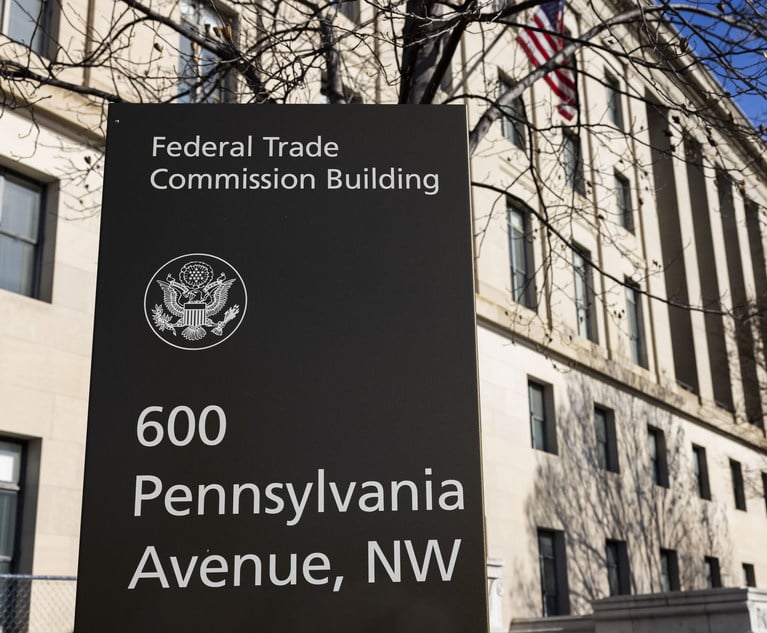Prosecutors and federal agents are entrusted with broad and largely unchecked authority to conduct most aspects of their investigations. For example, they serve grand jury subpoenas that compel the production of evidence and witness testimony. They can conduct physical surveillance of subjects and even introduce undercover agents and confidential informants to them in order to build prosecutions. All of this can be done without any judicial approval. However, two of the most potent investigative tools that prosecutors and agents use to build their investigations — the search warrant and the Title III wiretap — do require judicial approval under the Fourth Amendment. As some commentators (including one of the authors of this article) have observed, search warrants and wiretaps were once used primarily to investigate organized crime, drug dealing and terrorism. In recent years, however, prosecutors have employed these tools increasingly in the context of white-collar crime to the point where it is now commonplace. See, Robert H. Hotz, Jr. & Harry Sandick, “Search Warrants in White-Collar Crime Cases,” The Review of Securities and Commodities Regulation, Vol. 45 No. 12 (June 20, 2012).
The warrant requirement is grounded in the fact that it is a serious intrusion on privacy when the government either makes a physical trespass on private property or records someone’s private telephone conversations. Under the Constitution, the government may take these steps only if a neutral magistrate concludes that probable cause exists to believe that these steps will uncover evidence of criminal activity. While the warrant requirement is a crucial protection for all Americans, there are limits to the utility of the safeguard of judicial approval. As we discuss in this article, there are steps that the courts and Congress can take to strengthen these safeguards and thereby protect both the accused and those who are never even charged with a crime.

 Credit: ivector/Adobe Stock
Credit: ivector/Adobe Stock







